Gold Diggers of 1933 (1933)
“I know these showgirls: they’re just little parasites, little gold diggers!”
|
Synopsis: |
|
Genres, Themes, Actors, and Directors:
Response to Peary’s Review: In his review, Peary doesn’t say a word about Keeler, whose erstwhile fame as a charming leading lady of early-’30s musicals continues to puzzle modern viewers, given her decidedly weak singing voice and clunky dancing style; however, she’s cute and does an okay job here, ultimately playing more of a supporting role than a leading one. It’s more puzzling to me that Peary fails to mention Aline McMahon’s hilariously memorable turn as a boldly flirtatious gold-digger determined to seduce Williams’ susceptible lawyer-friend (Guy Kibbee); she shines in a rare opportunity to share the screen equitably with her co-stars. Meanwhile, though her role is minimal, Rogers demonstrates exactly why she went on to leading-lady fame shortly after this film’s release; her Pig Latin rendition of “We’re in the Money” provides a truly stunning opening to the film (recall the presence of this particular sequence in Arthur Penn’s Bonnie and Clyde). But the film’s real draw, of course, are the outrageously surreal Busby Berkeley musical numbers, each of which merits some sort of prize for sheer creative chutzpah. It’s been duly noted that such numbers would never have “worked” in real life on a stage, given that strategic cinematic framing plays an enormous part in their presentation here — but viewers must simply ignore such details and enjoy Berkeley’s incomparable vision. Redeeming Qualities and Moments:
Must See? Categories
(Listed in 1001 Movies You Must See Before You Die) Links: |
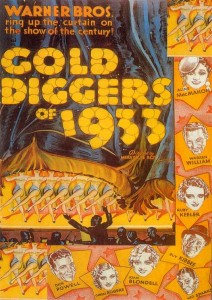
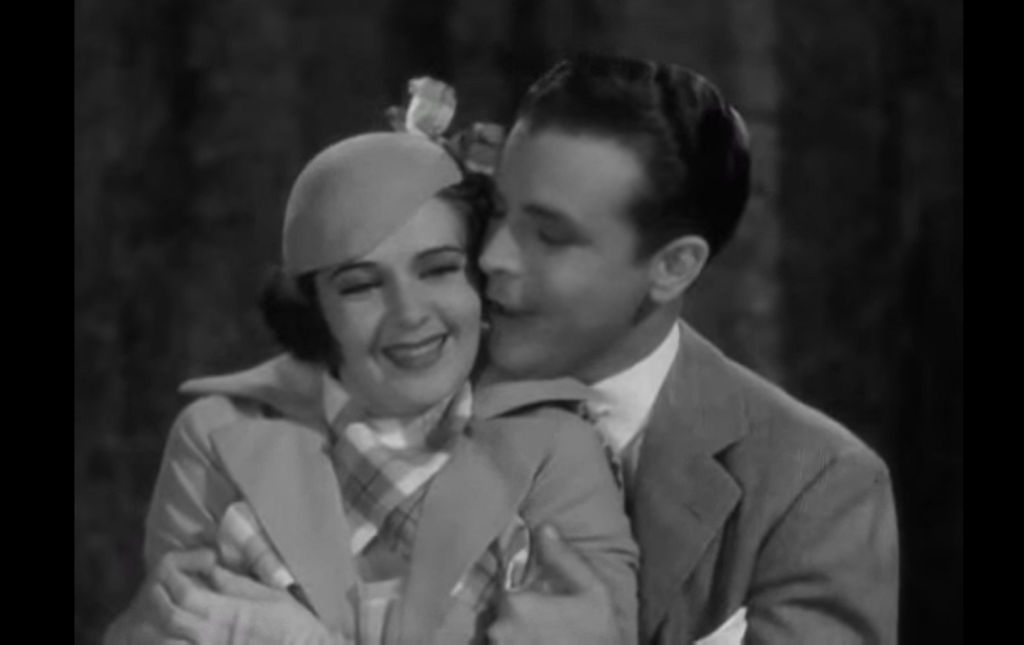

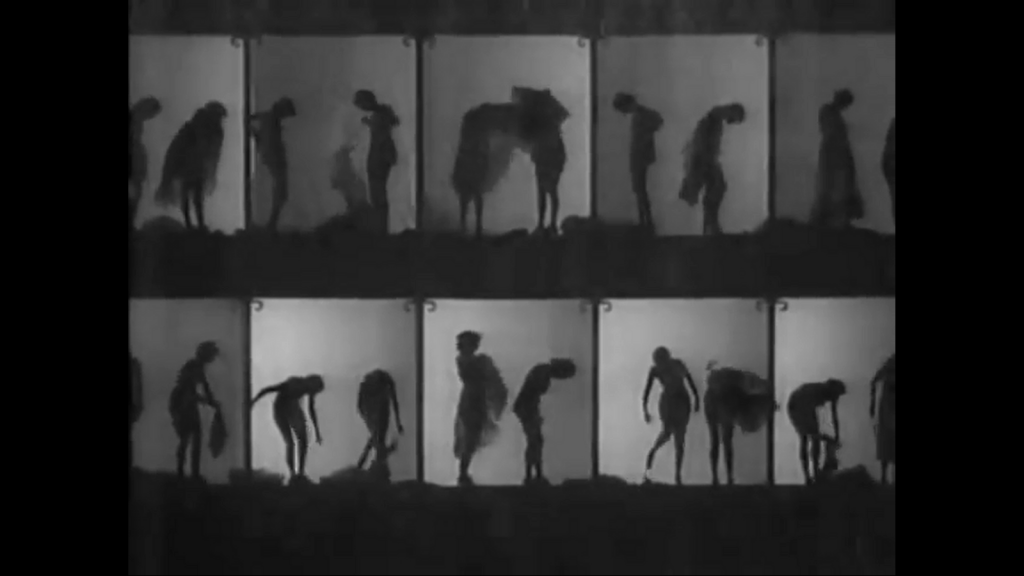
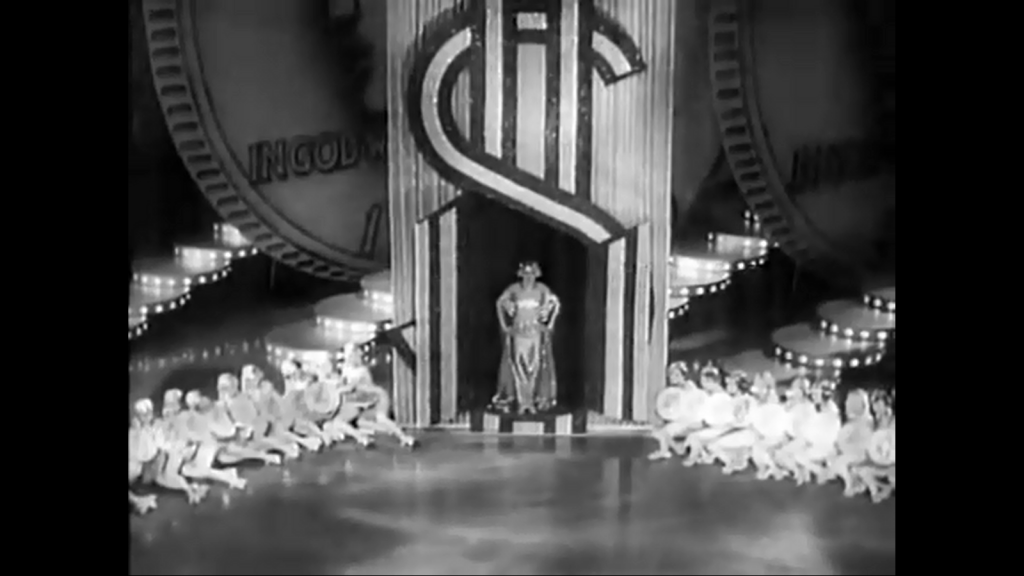
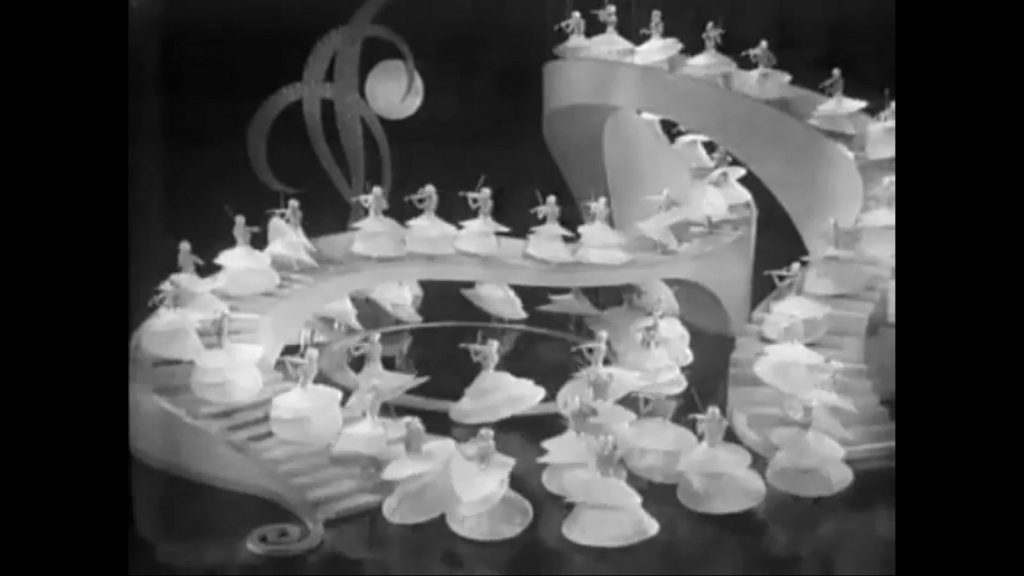
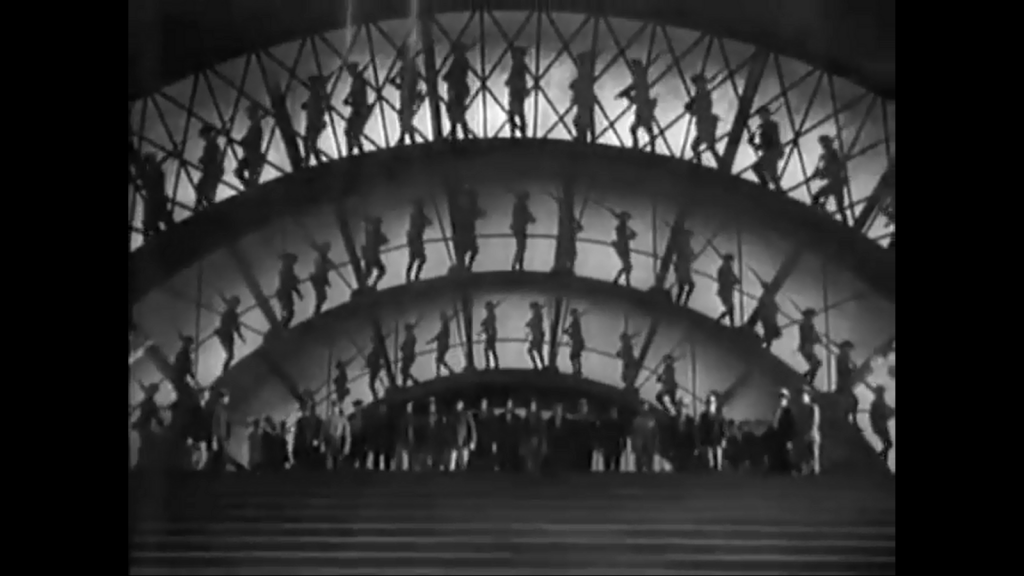
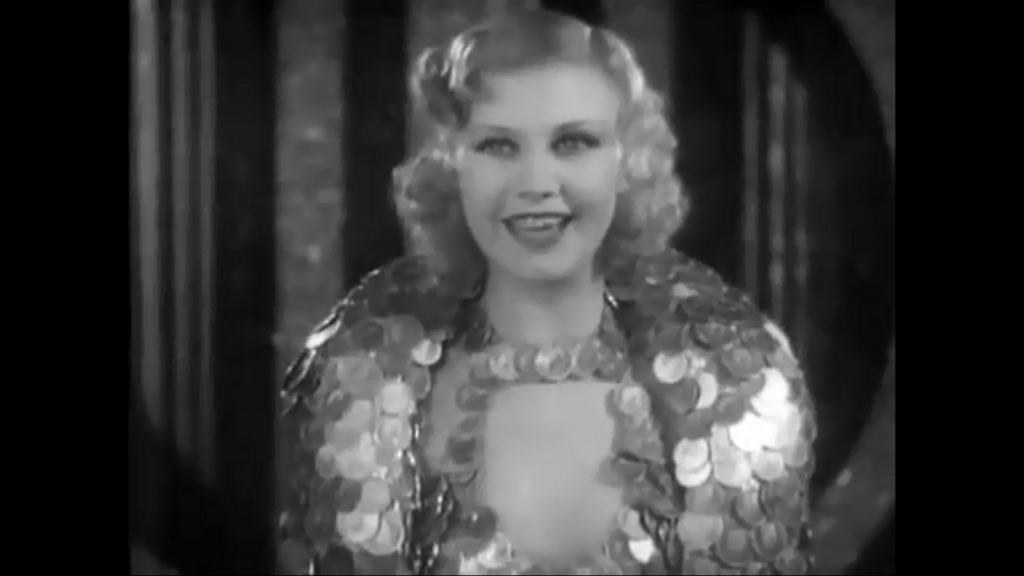
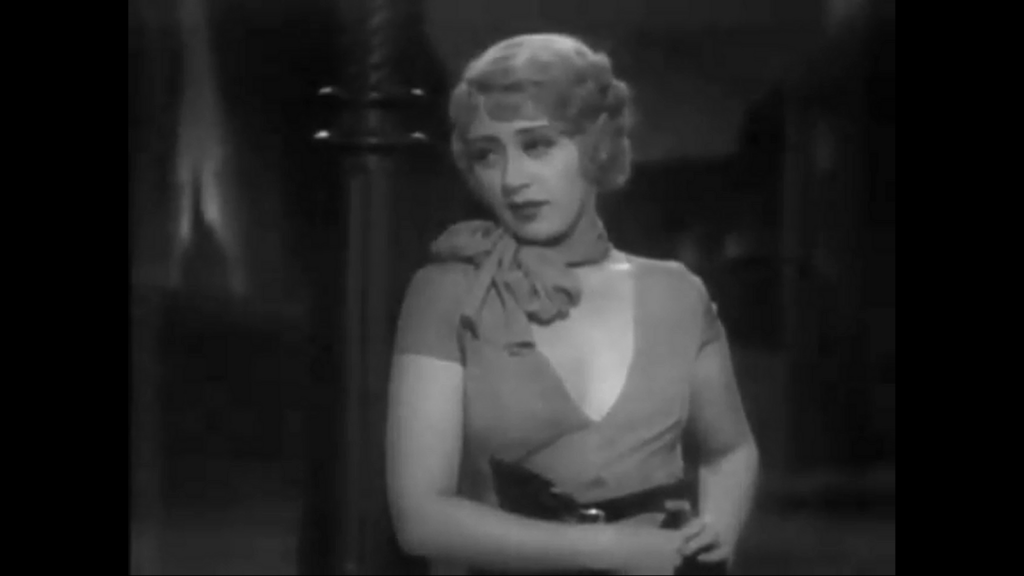
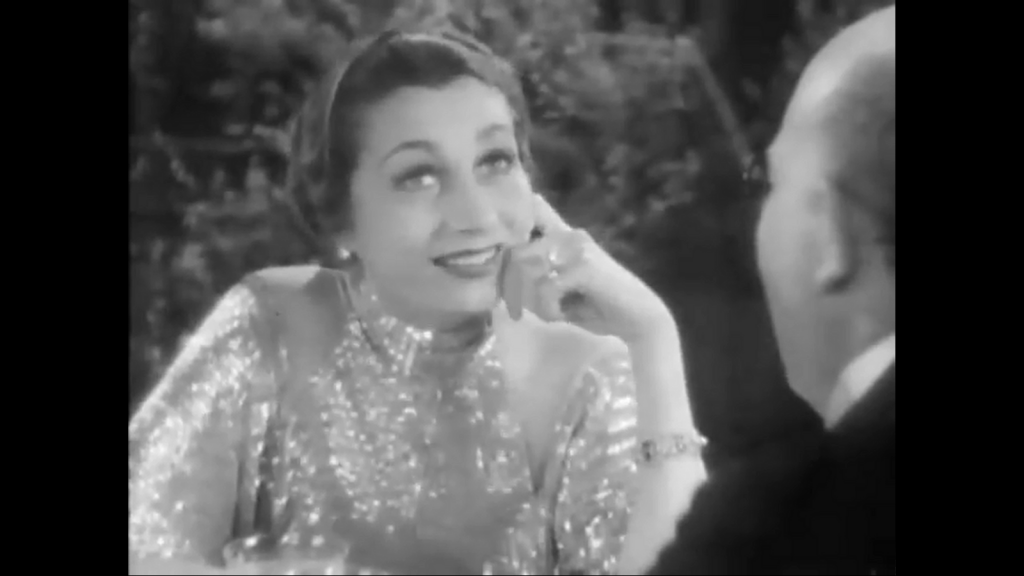
One thought on “Gold Diggers of 1933 (1933)”
Not a must, overall.
Yes, it’s true – Berkeley does some fine work here, esp. with the snappy opening number and the two numbers that finish the film. (The best and most memorable number in the film – as a song – is the concluding ‘Remember My Forgotten Man’.) However, other films Berkeley was involved with are not only better representations of his work, but also better films.
A revisit revealed to me that this film is top-heavy with a barely serviceable script, which has almost no memorable dialogue whatsoever. For example, after the terrific opener, we wait a good thirty minutes for another number and must be content to listen to sub-par conversations pretty much without real comic relief. (~which would be ok if this were a drama.)
Hence, though most of the cast gives it the college try, they have very little script support.
Throughout his work in film, Berkeley’s extremely clever ideas are often variations on a visual theme. So, if you don’t see all of his films, you can certainly still see him at his best elsewhere.